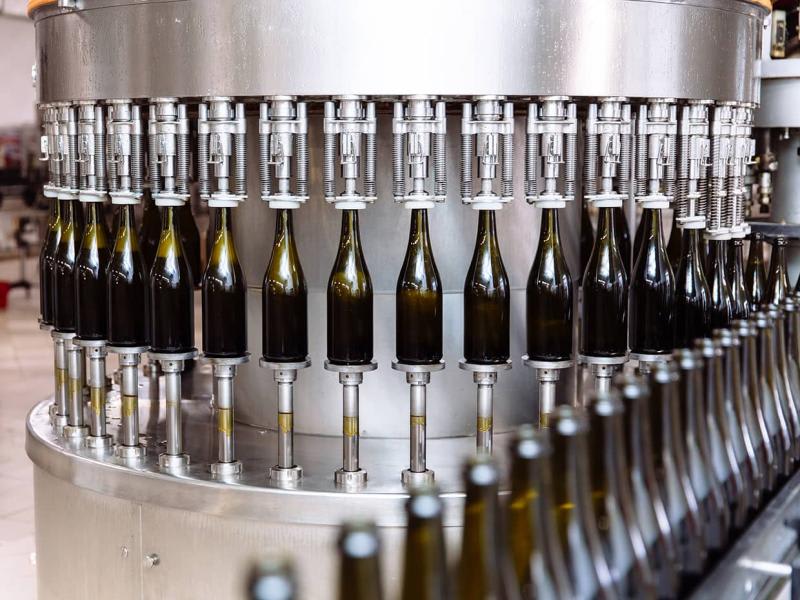Where are smart investments being made?
For families looking to speculatively invest in specific industries that fit their investment profile, a common question is where is the smart money going?
The evolving COVID-19 environment has provided multiple arbitrage opportunities for investors seeking price dislocations.
Key themes emerging for investment opportunities beyond the pandemic
From 2010, there was a risk in family offices increasing their liquid assets. In a recent benchmarking study by Family Office Exchange, 59% of the entire portfolio is the average office asset allocation, comprised of marketable securities, fixed income and cash.
With the economic downturn in 2020, both private and public businesses have been struggling to adjust, with assets typically holding a high valuation being available at a lower valuation. With direct investing being a popular topic, families have been exploring on their own, rather than using a manager in the hedge fund or private equity space.
The family office has morphed into a handoff of wealth and not just in the new workforces emerging. Millennials are positioned to inherit around $30 trillion from their parents in the next few decades, according to Bloomberg.
As there are a blending of multiple families along with changing demographics, return on investment metrics will have a very different meaning, transitioning from profitability to measures on sustainability. The latter, sustainability, will be the watch word of these younger investors, who will be looking for corporate financial statements to reflect the measure of a business’s footprint on the planet.
There are two investment trends emerging out of this period of economic uncertainty that reflect changes within family offices investments – direct investing and sustainable investing.
The middle market is a rich seam of opportunity for family office investment
Historically, family offices have engaged in deals as limited partners in funds, placing a responsibility on asset managers to perform due diligence on potential investments. However, more mature and established family offices are now increasing their investment infrastructures, bringing them in-house to incorporate professional investment firms, providing them far greater control of their investment decision making and of their money.
As valuations of many private businesses decreased in the first six months of the pandemic, family offices quickly identified opportunities to invest in new types of businesses which would have not been possible before the pandemic. Technology, healthcare, real estate and energy will increasingly receive interest from family offices that are proactively looking to invest in new and emerging companies with a unique proposition.
An emerging trend for family offices to consider more closely are Special Acquisition Companies (SPACs). There are publicly traded entities which can create an opportunity to amass larger sums of public capital to purchase a private company. Effectively, SPACs can reverse the conventional order of establishing a private company and then taking it public. Increasingly, SPACs are gaining in favour.
Family offices are also looking at distressed assets of businesses that are fighting to remain solvent or purchasing packaged up loans at very low prices. For some business owners, liquidity has become so challenging they turn to family offices for help to keep afloat during these economically unstable periods.
As recovery is emerging in different parts of the world, families are looking to invest in future growth. For example, Tensai Holding Co., a family office that manages $3 billion, will be investing $300 -£400 million in emerging distressed debt and market stocks, as reported by Bloomberg in August 2020.
The emerging trend of sustainable investing
Investment strategies for family offices are changing rapidly with the forthcoming generational shifts. Therefore, the first-generation investment tactics of the past may be very different from those of future generations.
Front of mind of the millennial generation is how can they support social justice, create healthy communities and, importantly, how can they protect the planet. This generation will harness their inherited wealth to promote their ideals and values, which are closely aligned with corporate governance, social standards or the various standards of environmental initiatives.
“We believe the next generation of family members will use their inherited wealth to promote their values and around upholding new standards of environmental, social, and corporate governance or ESG.”
There are three major categories according to PitchBook:
Socially responsible investing (SRI)
- Investors use screening methods to avoid environmental exposures or negative social investments
- SRI is also applicable public markets
Investing in environmental, social and governance (ESG)
- This is a category which uses metrics such as United Nations Sustainable Development Goals or Sustainability Accounting Standards Board to measure the impact of a business outside of its financial statements.
Impact investing
- Investors in this category invest in businesses with both financial returns and measurable social and environmental impact goals
- This is also applicable in private markets
Despite the drive and positivity of younger family office members of sustainable investing, a major issue is gaining a consensus on how to best report sustainable data.
In attempting to develop best-in-class products to measure ESG, we are seeing various Exchange Traded Fund (ETF) service providers appear. The number of sustainability ETFs appearing is the latest indication that investors are looking to identify customised benchmarks which imitate their values and missions.
This will be a continued area of focus for family offices in the future, especially when more capital enters into the equation. Although earning a rate of return will be prioritised, it will not be at the same level as in the past.
Until an improved process in in place to evaluate private investments, keep an eye open for family offices looking to invest capital in the public markets.
The takeaway
As family offices proactively plan for a post-pandemic world, they are very well positioned to leverage a number of investment opportunities.
This will result in an ensuing transfer of generational wealth and shifting priorities, which will mould the decisions and form success for investors. There is likely to be struggles ahead for traditional investment, however, the next generation of family office leaders will create their own success if they invest in the right direction.







